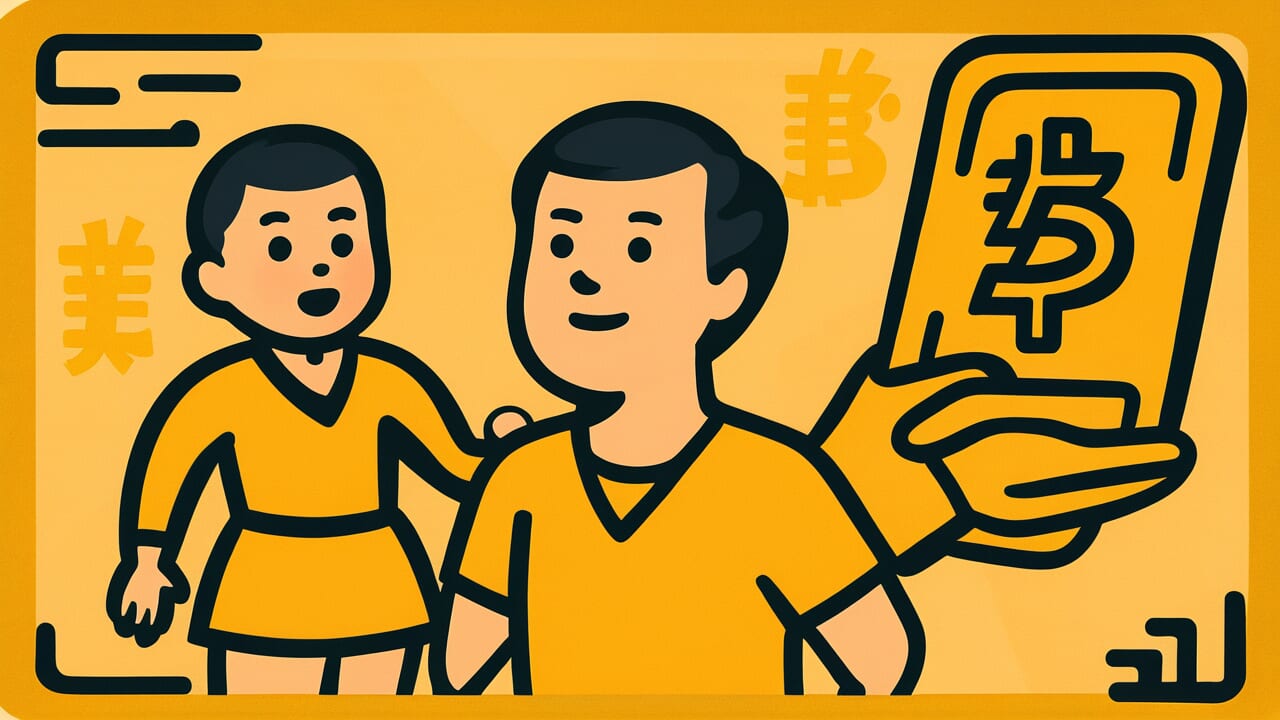How to Read “If it won’t die, one child; if it won’t decrease, a hundred gold coins”
Shinanu mono nara ko hitori, heranu mono nara kane hyakuryō
Meaning of “If it won’t die, one child; if it won’t decrease, a hundred gold coins”
This proverb means that children and money are the most precious things in life. These are things we never want to lose.
The phrases “if it won’t die” and “if it won’t decrease” use hypothetical expressions. This emphasizes how valuable these things are precisely because they can be lost.
The saying expresses honest human feelings. One child is precious enough if we could have them. A hundred gold coins would be wonderful if we could keep them.
People use this proverb when talking about what truly matters in life. It’s also used when reflecting on the value of children or wealth.
Today, people sometimes hesitate to speak openly about children or money. But this proverb honestly acknowledges natural human emotions.
It’s not about ideals. It shows values based on real life experience.
Origin and Etymology
No clear written records explain the origin of this proverb. However, it likely came from the everyday feelings of common people during the Edo period.
The hypothetical expressions “if it won’t die” and “if it won’t decrease” create a paradox. They highlight that these things are precious because they can die or decrease.
Children face dangers from illness and accidents. Money decreases when you spend it. That’s why people desperately wish for just one child who won’t die, or just a hundred gold coins that won’t decrease.
During the Edo period, child mortality rates were much higher than today. For parents, raising a child safely was their greatest wish.
A hundred gold coins was a fortune for common people. In today’s value, this equals several million to ten million yen.
This amount shows the proverb reflects real common people’s feelings.
The proverb gives an honest answer to the question: what truly matters in life? It’s not idealistic theory.
It condenses values felt in daily life.
Usage Examples
- After my child was born, I truly understood the meaning of “If it won’t die, one child; if it won’t decrease, a hundred gold coins”
- When asked what really matters in life, I can only answer with “If it won’t die, one child; if it won’t decrease, a hundred gold coins”
Universal Wisdom
This proverb has been passed down for generations because it expresses human values with surprising honesty. We sometimes feel ashamed to seek money or material wealth.
We hesitate to talk about love for children in terms of numbers. But this proverb openly acknowledges true human feelings.
The expression “one child is enough” has deep meaning. It doesn’t show greed for many children.
Instead, it expresses a parent’s heart. If just one child grows up safely, there’s no greater happiness.
Similarly, mentioning the specific amount of a hundred gold coins shows humility. It’s not about seeking infinite wealth.
It’s about having enough security for a comfortable life.
Humans are good at talking about ideals. But honestly recognizing what truly matters is surprisingly difficult.
The lives of loved ones and the economic foundation that supports life. Our ancestors frankly understood these two things form life’s foundation.
This isn’t empty talk. It’s wisdom that looks at the essence of living.
Even as times change, what humans value in life remains fundamentally the same.
When AI Hears This
All matter in the universe inevitably deteriorates over time. Energy disperses. This is the second law of thermodynamics.
Iron rusts, buildings crumble, hot coffee cools down. But life is an exception. It takes in nutrients from surroundings and maintains ordered structure.
In other words, a child is “a device that locally reduces entropy.” However, as a trade-off, life consumes enormous energy and ultimately must die.
The wish “if it won’t die” in this proverb speaks of a dream that can never come true according to physical laws.
Meanwhile, “if it won’t decrease, a hundred gold coins” shows an interesting contrast. Money is physically paper or metal, but its essence is information.
Unlike matter, information doesn’t deteriorate when copied. If digitized, it can theoretically be preserved forever.
Bank account numbers aren’t bound by physical laws. But in reality, inflation reduces value. Economic system fluctuations scatter wealth.
In other words, money also cannot escape “information entropy increase.”
This proverb intuitively captures a reality. The two things humans value most—life and wealth—are both governed by entropy increase in different forms.
Both physical life and abstract value require constant energy input to maintain.
Lessons for Today
This proverb teaches modern people not to lose sight of life’s priorities. In modern society, success standards have diversified.
We sometimes don’t know what to value. But this proverb shows a clear answer.
The existence of loved ones and the economic foundation that supports life. These two things form life’s foundation.
What matters is acknowledging these without shame. Valuing money is never base or vulgar.
It’s a means to protect family and live with peace of mind. At the same time, expressing love for children and family honestly is important.
We who live in modern times can interpret this wisdom in our own way. For people without children, what they cherish or want to protect corresponds to “one child.”
And “a hundred gold coins” means the economic stability that’s necessary and sufficient for you.
What matters is knowing what you truly don’t want to lose. Then take action to protect it.



Comments